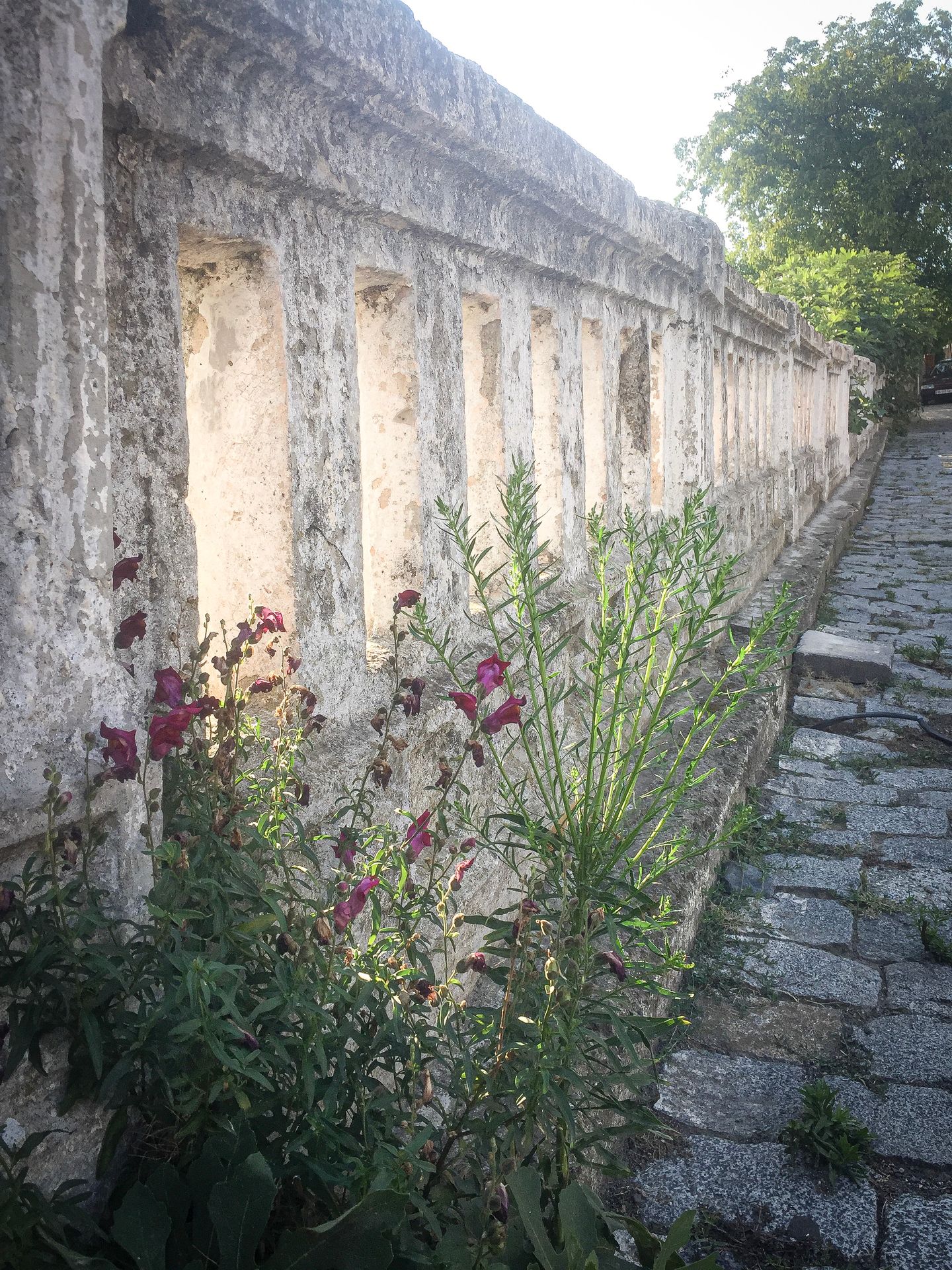Arabian Peninsula - Tips for Traveling
Dɛn dɔn pablish am: 30.10.2019
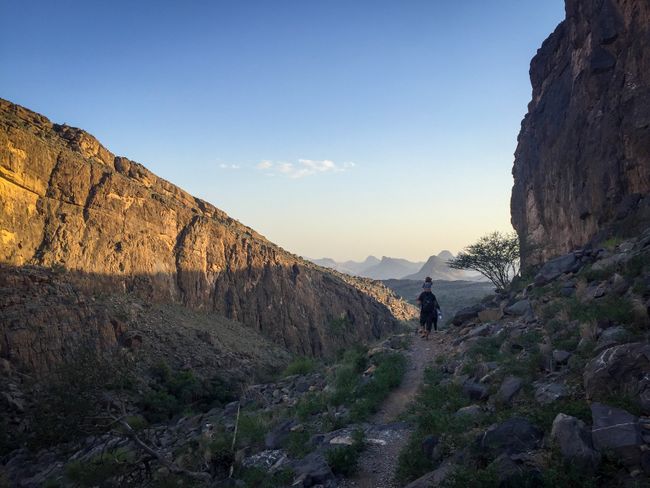
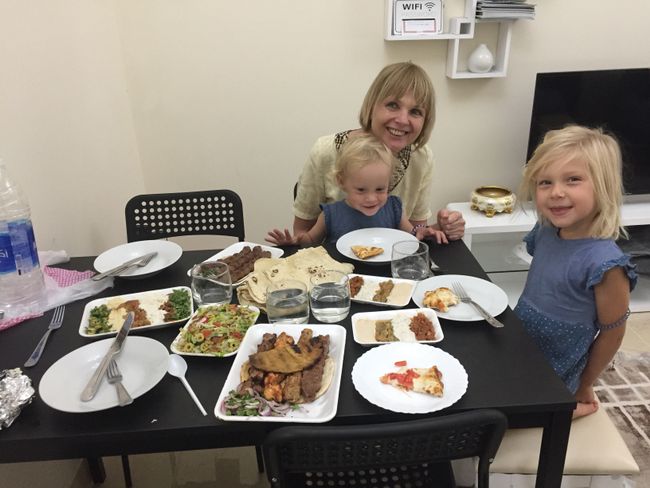
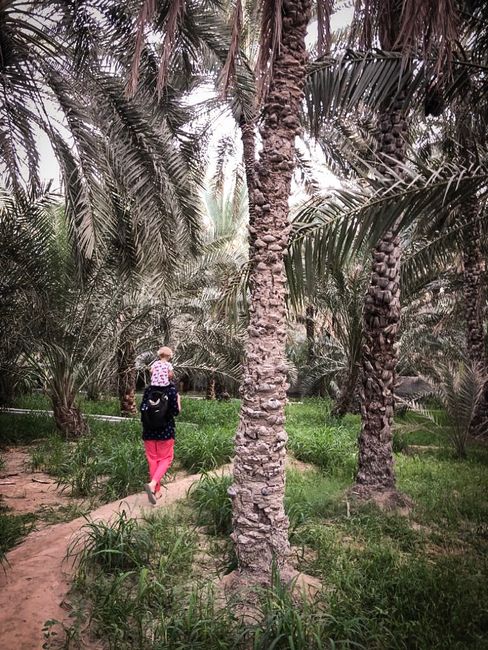
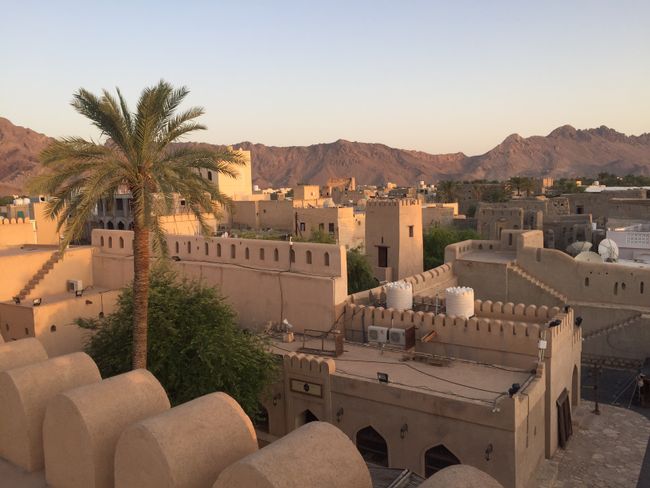
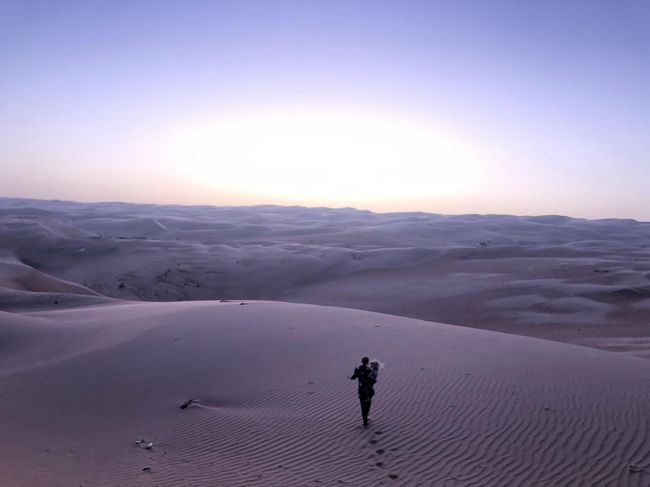
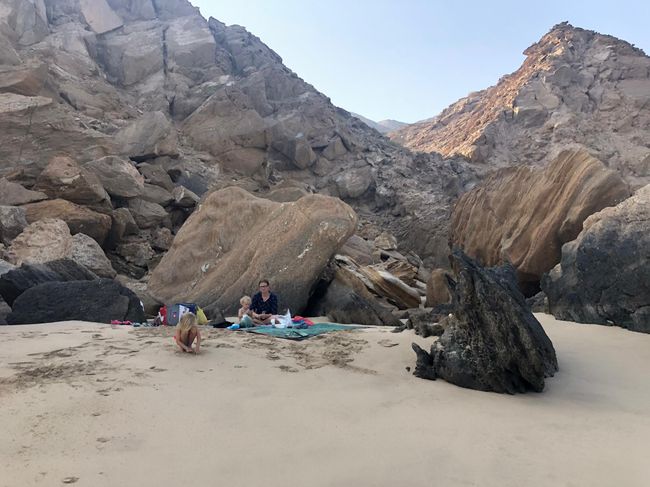
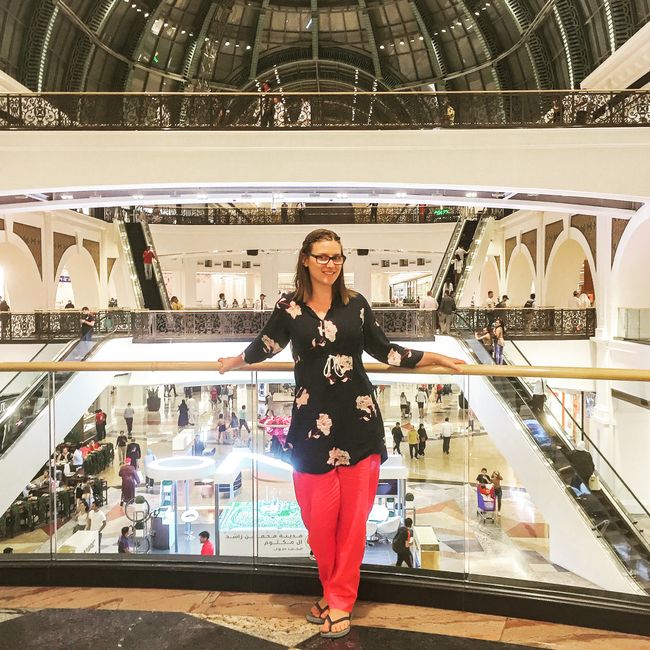
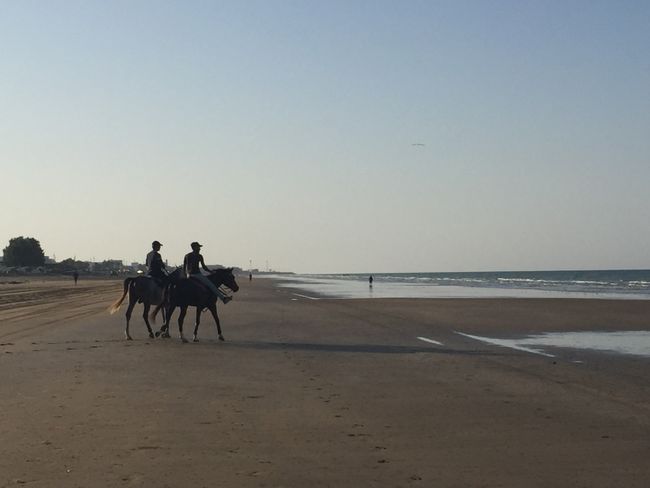
Sabskrip to Nyusleta
After a month in Dubai and Oman, we are ready to give our verdict: this world region is absolutely fascinating and beautiful. We would love to travel to Oman again, as we enjoyed it so much there. If you are considering traveling there (by the way, you wouldn't be alone: Germans and Swiss are at the top of the list of Omani tourists), then read some advice and impressions:

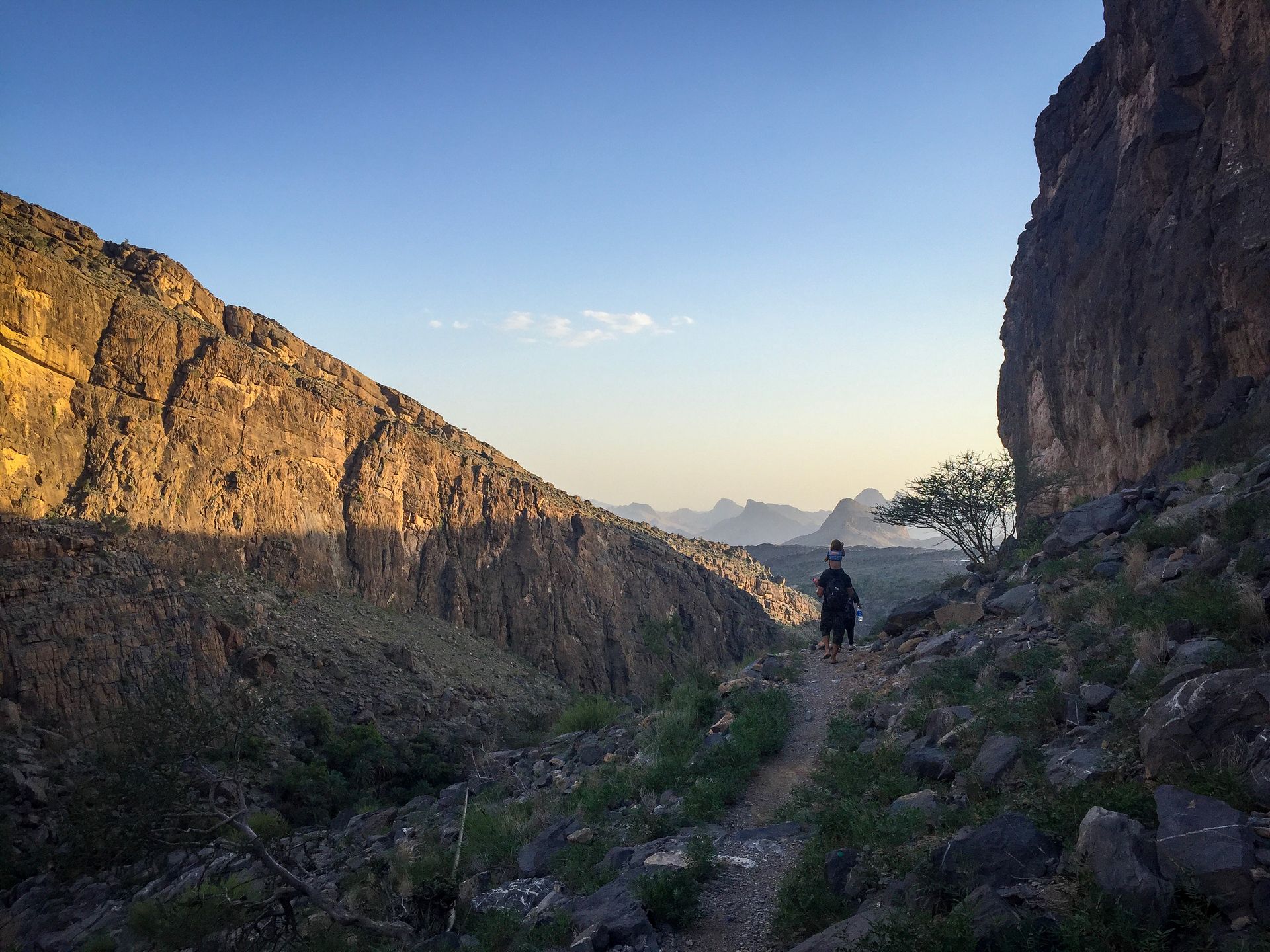
Oman is a Muslim country where people who are now seniors used to be farmers. The current generations live in cities, go to malls, and occasionally travel to Switzerland in the summer. However, the country has preserved its own charm somehow. We found the locals reserved but very gentle and friendly. The nature is beautiful and surprisingly different for us Europeans: dry and rocky, yet green and tropical. So many beaches. It was simply beautiful!
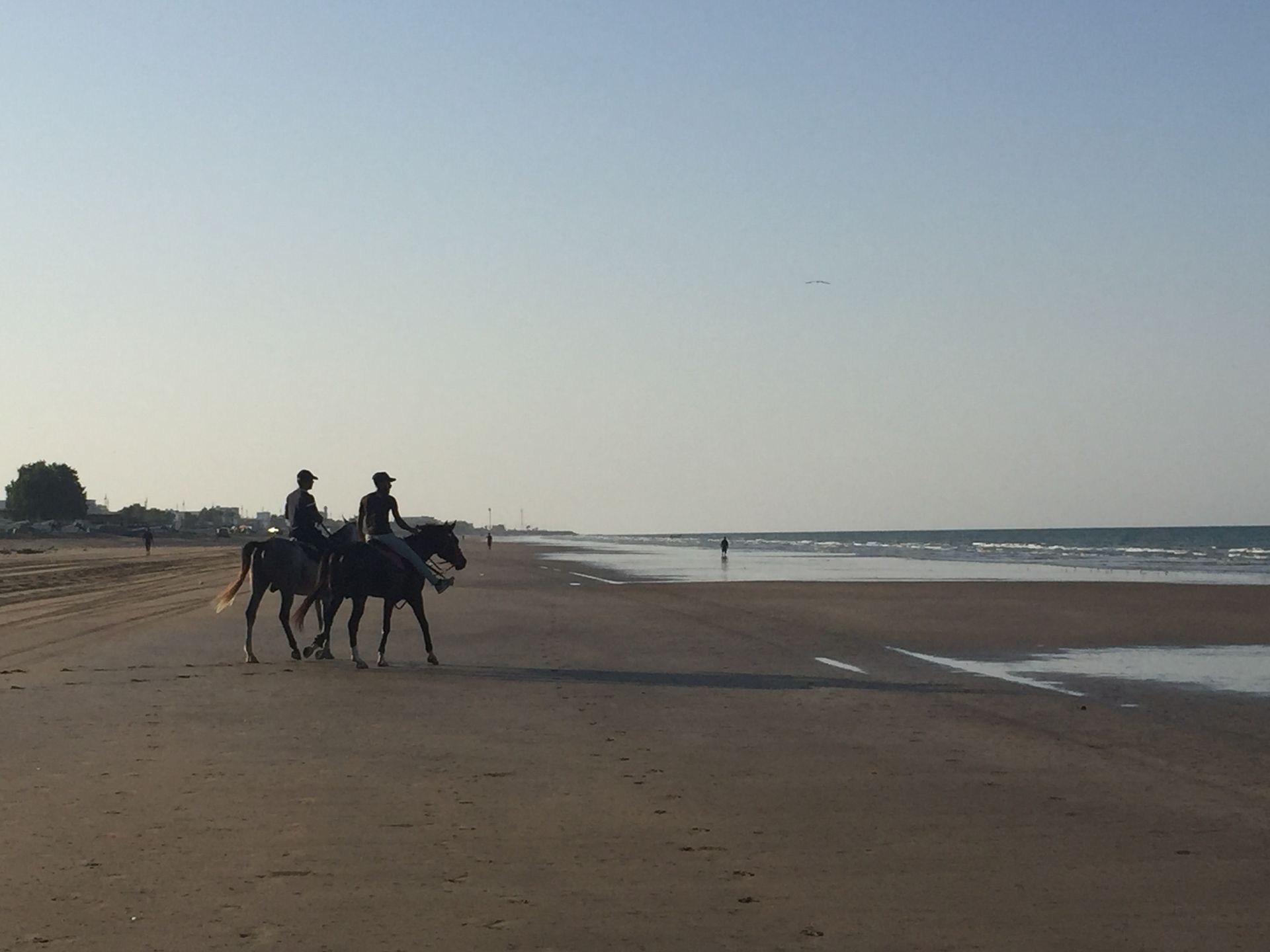
Definitely rent a car.
You can only explore the most beautiful parts of Oman if you have a car. We had considered renting a 4x4 for off-road routes but ended up taking a "normal" SUV. That was completely sufficient for us: there were enough beautiful places we could easily drive to. These included famous wadis that have been made accessible to tourists, as well as places where people live and therefore have good roads. We also wanted to go to the desert and knew we couldn't do that with a car - driving through sand. In the end, it was perfectly alright: we had a desert feeling right behind the small town of Bidiyya, directly by the road, without our car sinking in the sand.
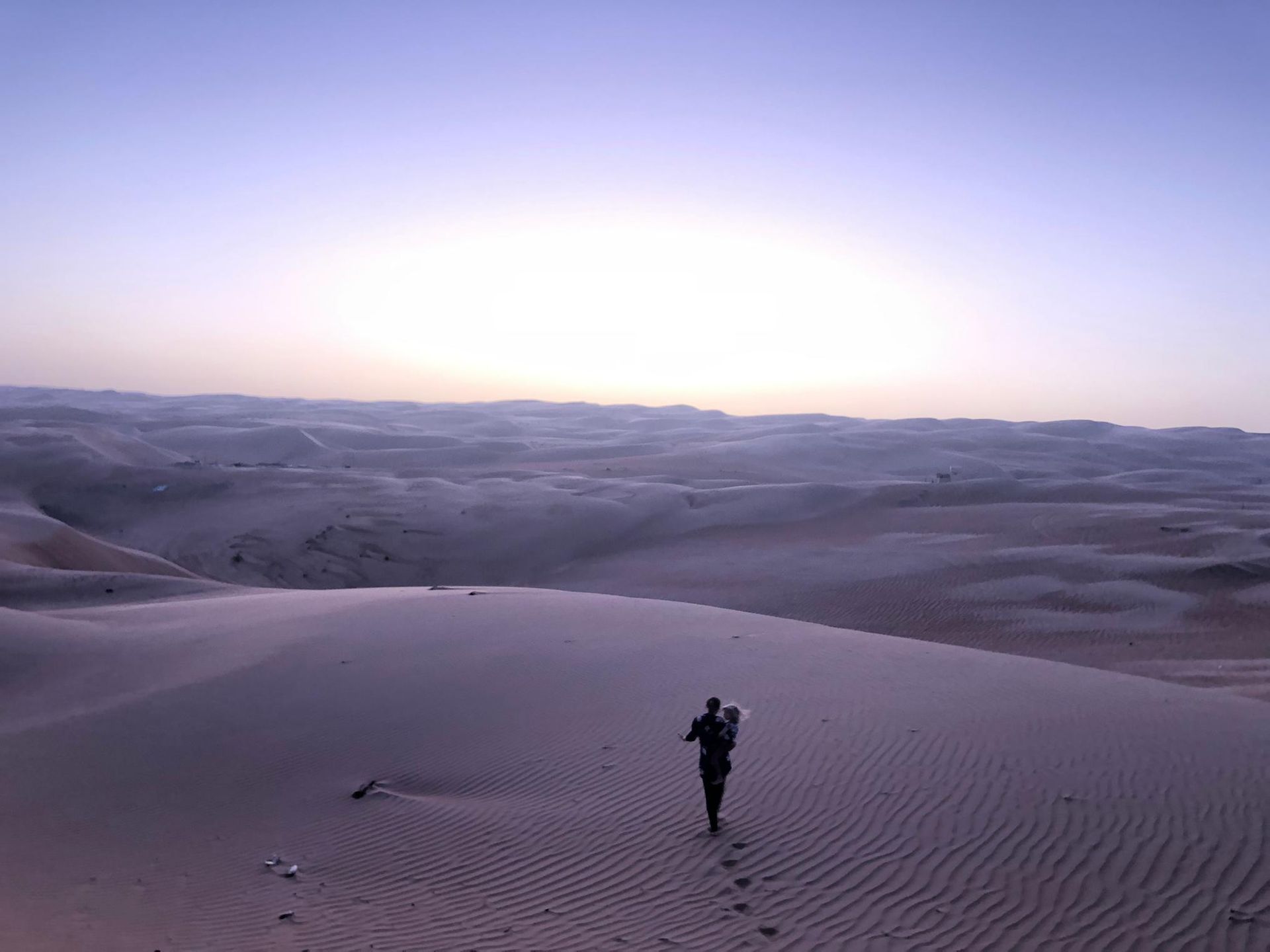
And now we come to the second point: you can only enjoy the most beautiful places if you are sure-footed and physically fit. As a Swiss person, you are used to funiculars going up everywhere or well-developed hiking trails. Even the well-developed hiking trails in Oman cannot compare to that. If you are prepared for some climbing, creative paths, and lots of nature, then you can enjoy the untouched beauty the most.
Adapt.
In various ways: firstly, to the weather. The sun could be intense at noon when we were there in October, and maybe Europeans are simply not used to it. We found the daily routine very pleasant when we stayed away from the sun like the locals between 12 and 3 pm. During this time, we either took a break in the house (which is generally not a bad idea with small children) or planned our drive. The only place to be outdoors during this time was either in the shade or in the shade in the water. However, between 4 and 6 pm it was very pleasant. At this time, people in the cities also started going out on the streets. In the evening, children play outside (rush hour at the playground: 10 pm!), families go shopping, and restaurants are crowded. So, it would be a shame to waste all your energy during the sunny hours.
Secondly, besides the climate, you also have to somehow adjust to the foreign culture. It is quite conservative. As long as you stay in your house or in a resort or hotel, you won't notice much of it. But it is very noticeable at the beach outside the city, in villages, and at the market. Men and women interact differently than in our culture. The local women dress very differently, with some only showing their eyes. How can you deal with it? We tried to adapt so that we wouldn't stand out negatively. On one hand, we want people to like us. On the other hand, it is simply a sign of respect, which the Omanis also demand with signs at tourist attractions. We wore tunics with sleeves that went down to the elbows, sometimes also t-shirts. Always long pants. Thanks to Indian clothing, it was not a problem - we bought inexpensive dresses in a shop, which was very comfortable to wear. We even swam in the clothing, which was no longer complicated or uncomfortable after practicing a few times. The advantage - with wet clothes on our bodies, the heat was also not a problem anymore. Adaptation - double check!
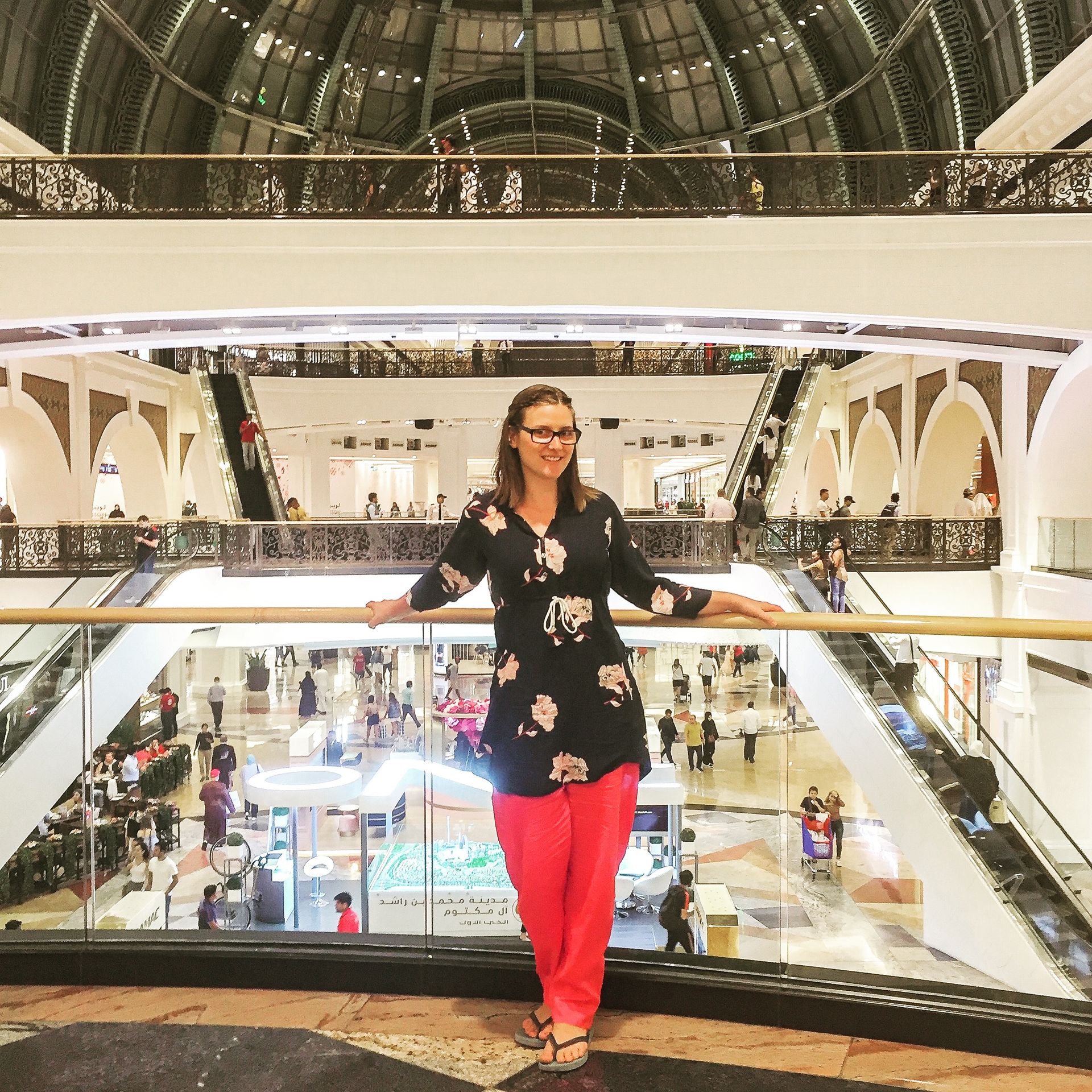
Keep an eye out for multiculturalism.
For European eyes, people may look the same: tanned with dark eyes. However, Oman has experienced many migration flows in the past and still today. There are many migrant workers from India, Bangladesh, and Pakistan. For us, it was particularly exciting to explore the relationships between the different groups, ask people about their culture and language, and get to know so many different cultures. For example, we never ate Omani food. When we went to a restaurant, it was usually Indian, Lebanese, or Turkish food. Most of the time it was rice with side dishes. We really enjoyed trying out the different cuisines and ate happily. One special experience was when we walked into the first restaurant we came across, hungry after a strenuous hike, only to realize with shock that we had ended up in a Bengali canteen. We were the only female customers and probably the first white customers. There were very tasty, but very spicy dishes that we couldn't finish. Even days later, we still thought about this unique experience. If you travel with open eyes and curiously ask people, you can experience how colorful and diverse the world is - even in dry Oman.
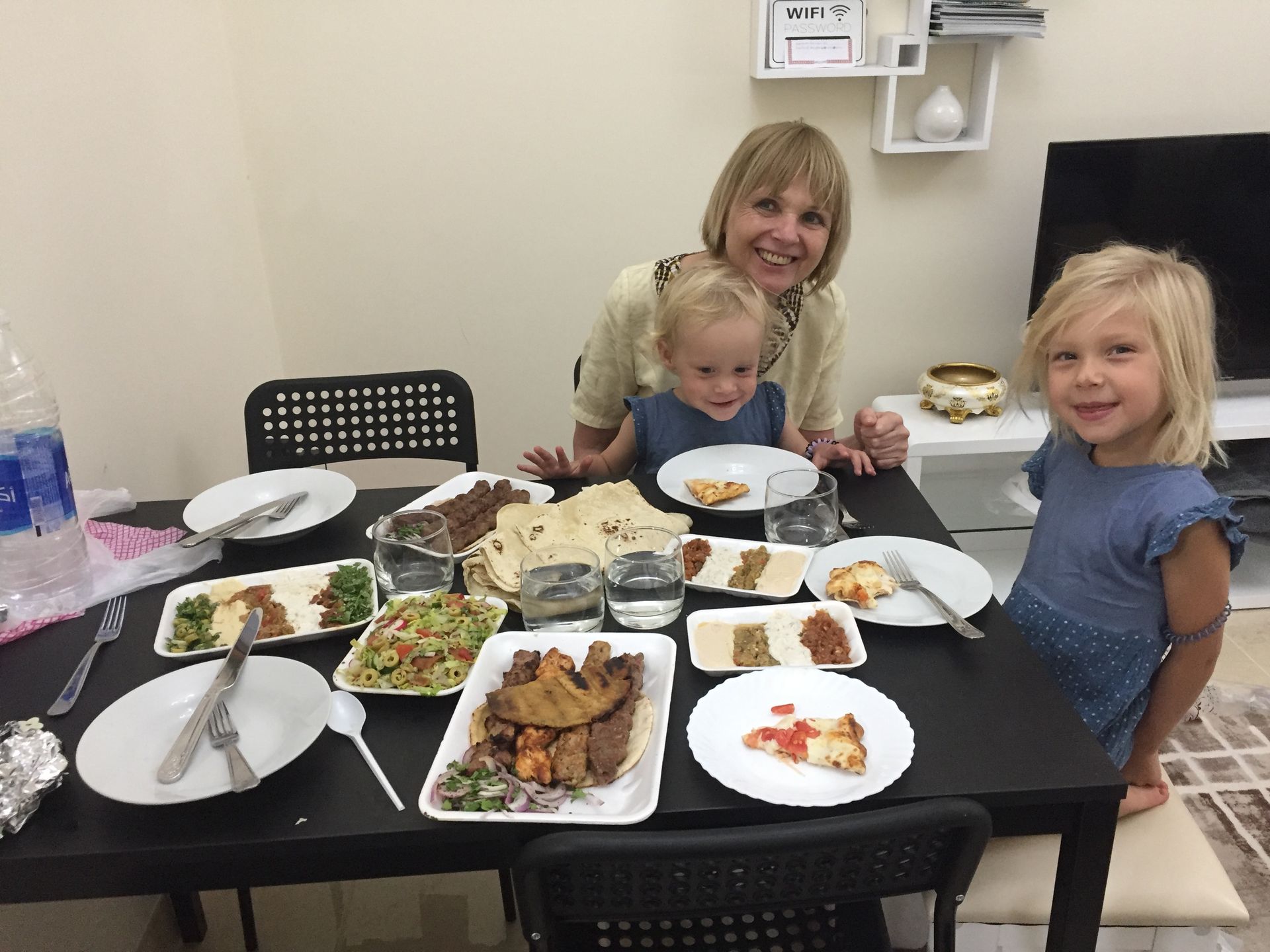
Enjoy the amazing nature!
We were simply amazed that after kilometers of dusty, rocky landscapes, a paradise-like, naturally designed park suddenly appeared somewhere. It is so wonderful to experience these oases that it would be a shame to just tick them off mentally and rush to the next one. We particularly enjoyed it when we had a lot of time, a picnic, and plenty of time for attention to detail. Unfortunately, we didn't always have that and had to run sometimes :D That's why our tip is: take your time.

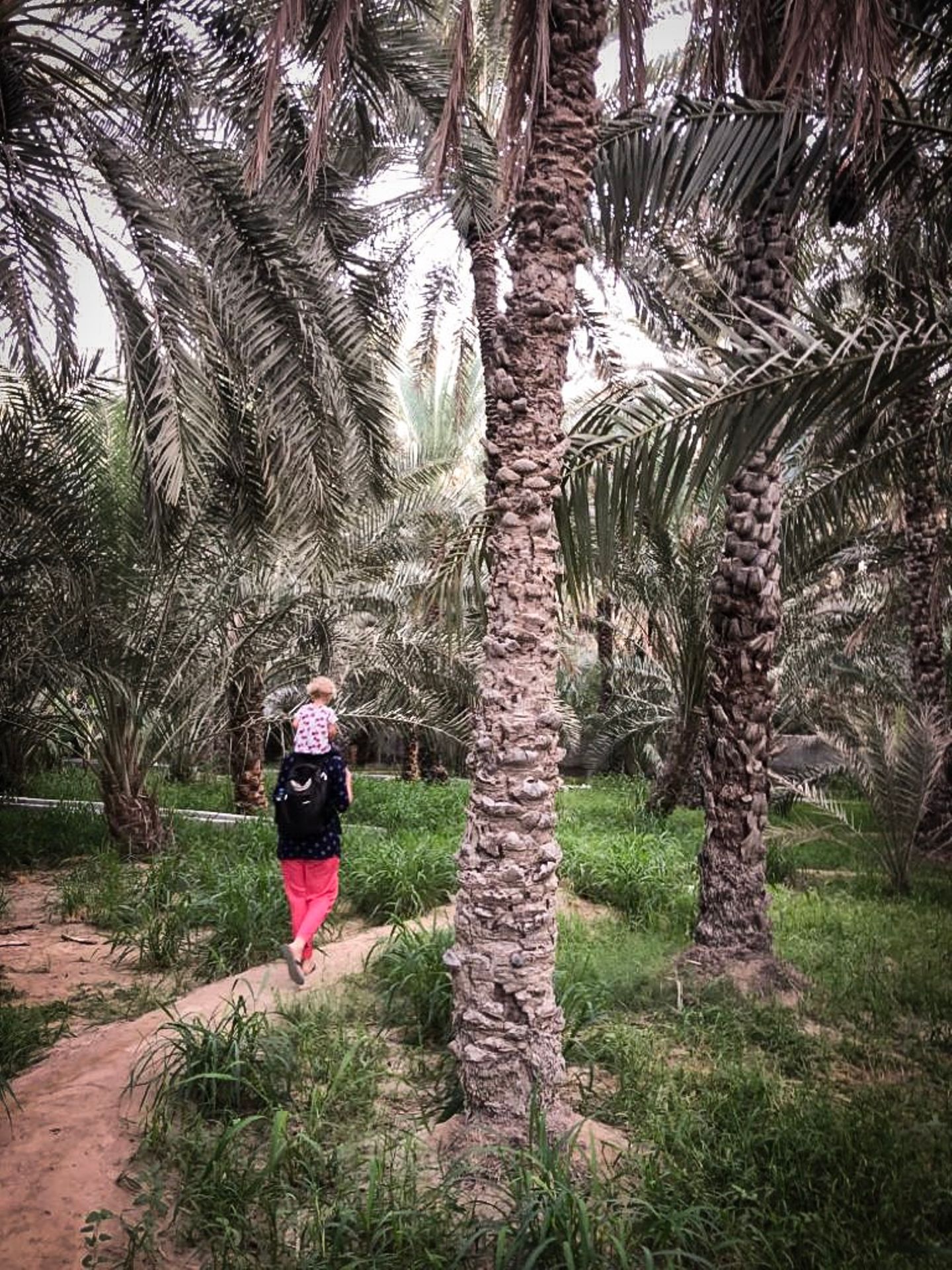
We are now eager to explore more regions. Next, we will stay in Europe for a while to spend time with family and friends before flying to Central America next year. We are looking forward to it!
Sabskrip to Nyusleta
Ansa
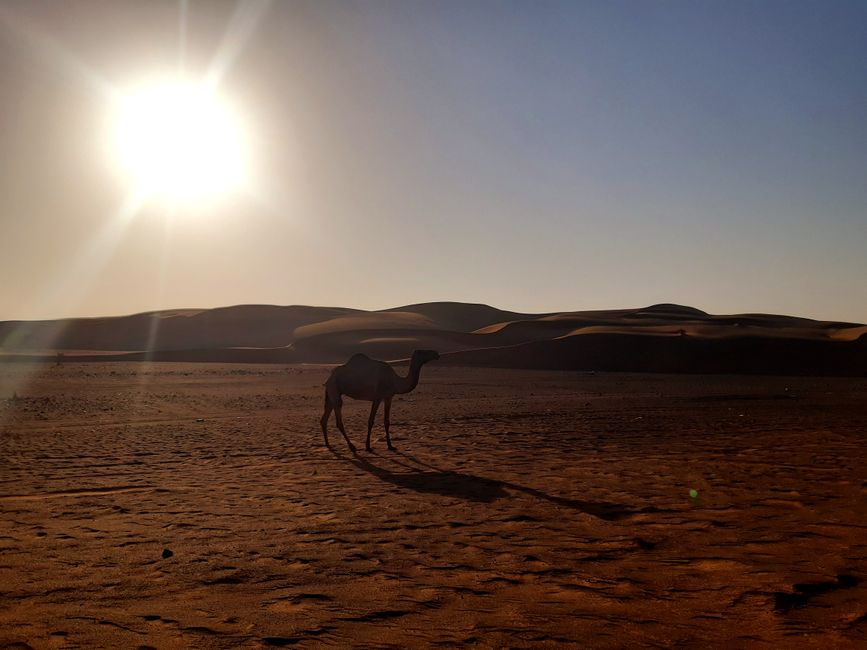
Travul ripɔt Oman
